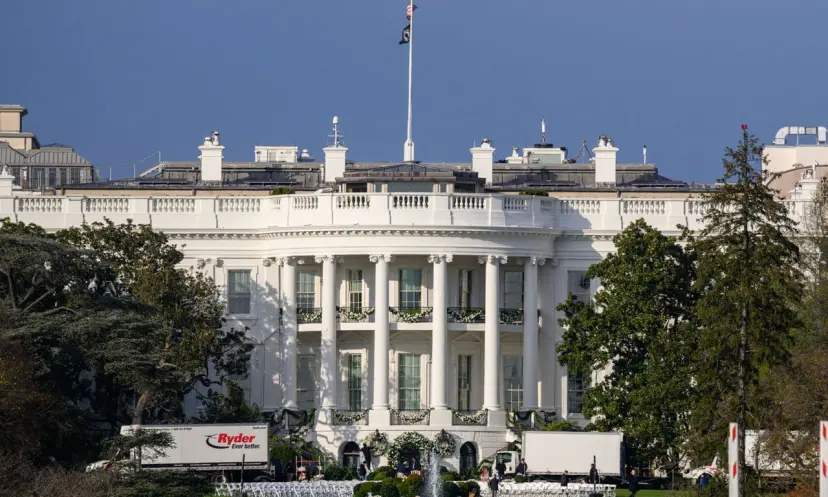Is there a Tory bias in the political betting markets?
Published:
Opinium, Populus, Ashcroft and now YouGov all have LAB with 7% leads.
— Mike Smithson (@MSmithsonPB) July 8, 2014
There has been some very good news for Labour in the polls over the last few days. Normally, it’s wise to ignore short term variations in the polls. After all, nothing much has really happened in the last week to cause any significant shift in public opinion, although it’s odd that four separate pollsters have all recorded a jump in Labour’s lead. It’s worth reading Anthony Wells and The Polling Observatory about this.
The betting markets haven’t really moved – the Labour seat line at Ladbrokes has ticked up two seats this week to 303.5. That’s partly because we’ve seen quite a lot of sellers on the Liberal Democrat seat totals in recent days, now down to 32.5. Most people who bet on politics at this stage are reasonably sensible investors who know not to get over-excited about short term polling movements.
However, if this polling movement had happened the other way and those four polls all showed the Tories leading, I’m pretty certain we would have seen a betting reaction. One possible explanation is that there could be a built-in bias in the betting markets. The argument goes like this: People have a natural tendency to bet more on what they want to happen, Tories have more money, therefore the markets will be distorted towards pro-Tory outcomes. This probably is a small factor, although there are usually enough dispassionate gamblers out there who would move in to correct any market inefficiencies of this sort.
The more likely explanation is that there is now a widespread consensus among commentators and political scientists (and informed punters) that the Conservatives are very likely to poll better in May 2015 than they are now, based on a number of arguments:
- Polling trends and past history show governing parties tend to improve support levels in the run up to elections. Steven Fisher’s approach is proving quite influential here.
- Ed Miliband’s personal poll ratings are poor and when the electorate is confronted with the imminent possibility of his becoming PM, Labour’s vote will fall.
- The economy will continue to recover over the next ten months and the Conservatives will get credit for this.
Myself, I think that the trends based approach is being slightly over-bet and Miliband’s ratings are already largely built in to the top-line polling. There is also some slightly less encouraging economic news starting to emerge in recent days and, in any case, history tells us that it’s much more difficult to make accurate economic predictions than most people imagine.
When the polls have shown recent Tory leads, they get treated as confirmation of the consensus. When they go the other way, they are statistical blips which can comfortably be ignored.








